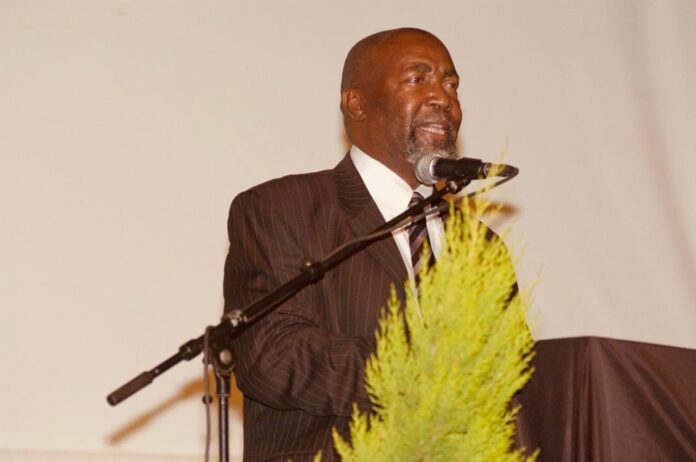Renowned Struggle teacher Fanyana Mazibuko is ill. He is so indisposed he was unable to mark the 49th anniversary of the 1976 Soweto uprisings last weekend.
He is 83 and suffers from age-related ailments. He survived Covid.
However, Mazibuko believes this is not the time for the ANC government to be held responsible for the shortcomings of the country’s education system.
Mazibuko was a teacher at Morris Isaacson High School when the riots broke out. He taught the likes of Tsietsi Mashinini, Susan Shabangu, Thami Ntenteni, Murphy Morobe and Kgomotso Moroka, among other student leaders.
Blame game will not help
“Pointing fingers will not help us. The Youth of 1976, together with many freedom fighters ended apartheid. We must honour them by rebuilding a peaceful prosperous society.”
He recalls that the uprising took place at a pivotal time in the country’s history and was a true test for the liberation movement.
“When the day ended, hundreds of innocent lives were lost. In the months and years that followed thousands more young lives were lost, many people were imprisoned,” he said.
Besides having to teach young people in Afrikaans, the former science teacher says the biggest problem with Bantu Education was the lack of resources in black schools which undermined their rights.
“The apartheid system was convinced that black people could not become scientists, so there was really no use in investing in science labs in township schools. The aim of the entire system of racial oppression was to ensure that black people, or ‘natives’ as they were referred to then, became ‘hewers of wood and drawers of water.’
Rethink education system
He believes the education system needs to be geared towards producing the skills we need in business, technology and other sectors.
“In the rural areas, some learns have no access to schools because schools are extremely far away, and it is often dangerous for children to try and reach schools.
“So, some learners stay away from school and miss out on the opportunity to learn and improve their lives. When government does provide accessible safe schools, as communities we must look after those schools and not vandalise them.”
Years following his retirement, Mazibuko’s love for education remains strong.
He now runs TEASA – the Trust for Educational Advancement in South Africa whose objective is to work alongside teachers.



